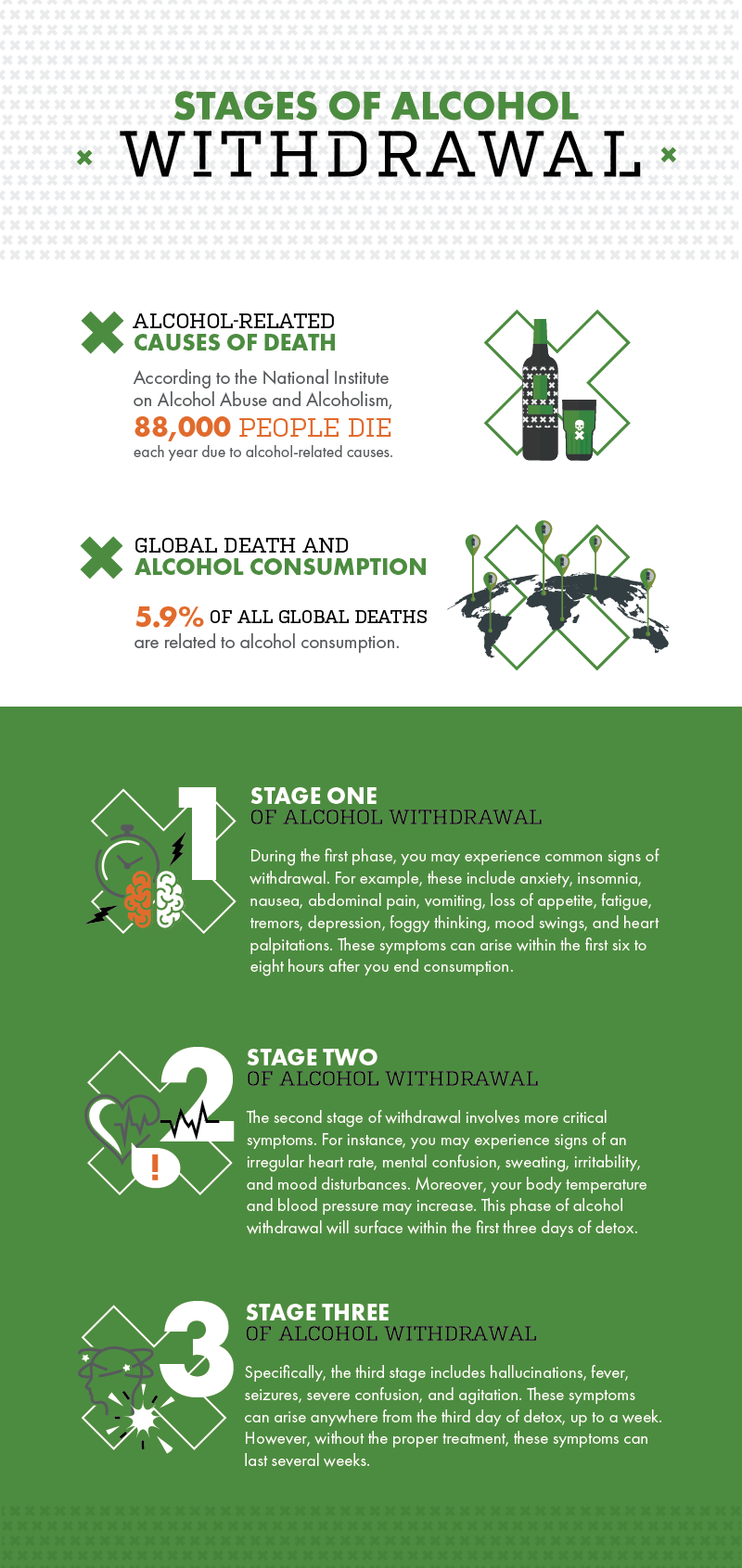Discover Just How To Create A Strong Post-Rehabilitation Care Technique And Attain Long Lasting Achievements
Discover Just How To Create A Strong Post-Rehabilitation Care Technique And Attain Long Lasting Achievements
Blog Article
Web Content Created By-Lawson Carlton
You've completed drug rehabilitation, and now it's time to develop a successful aftercare plan to guarantee your long-lasting recovery.
Photo this: you're an individual figured out to stay tidy and develop a fulfilling life. This short article will certainly assist you with determining recurring support group, integrating treatment and therapy, and establishing healthy and balanced coping mechanisms.
With these techniques, you'll be outfitted to thrive in your journey of sobriety.
Let's begin.
Identifying Ongoing Assistance Equipments
You should recognize a minimum of three ongoing support systems to make certain an effective recuperation after drug rehab.
The very first support group is your friends and family. Suggested Internet site can provide emotional support, inspiration, and help you stay liable. They can likewise supply a risk-free and understanding environment where you can share your struggles and victories.
The 2nd support group is your therapist or counselor. They can aid you overcome any underlying problems that might have added to your addiction and offer assistance on how to stay clear of regression. They can additionally educate you coping devices and healthy ways to manage anxiety.
The 3rd support group is a support group or a sober neighborhood. Being bordered by others that are going through comparable experiences can be extremely advantageous. They can offer a sense of belonging, recognizing, and deal important suggestions and support.
Incorporating Treatment and Counseling
To achieve a successful healing, it is necessary for you to proactively participate in treatment and counseling sessions, as well as include them into your continuous support systems. By doing so, you can make the most of the benefits of these treatment methods and enhance your possibilities of maintaining long-term sobriety.
Below are some vital reasons that incorporating therapy and counseling right into your aftercare plan is critical:
- ** Emotional Support: ** Therapy and therapy supply a risk-free area for you to express your thoughts, feelings, and struggles pertaining to your addiction. It permits you to work through any kind of unsolved problems and develop healthy coping mechanisms.
- ** Fall back Prevention: ** These sessions furnish you with the needed tools and approaches to avoid regression. They help you recognize triggers, create coping skills, and establish a solid structure for managing cravings and stress and anxiety.
- ** Individual Growth: ** Treatment and therapy facilitate personal development and self-discovery. They help you get understanding into the underlying causes of your addiction, enhance self-worth, and develop healthier connections.
Creating Healthy Coping Systems
During treatment and therapy sessions, it's vital to actively service developing healthy coping mechanisms in order to effectively take care of stress and anxiety and challenges.
You need to identify and comprehend your triggers, those points that create you distress or anxiousness. By identifying these triggers, you can develop approaches to handle them in a healthy and balanced means. This could involve practicing deep breathing exercises, engaging in exercise, or locating a creative electrical outlet to share your feelings.
It's important to likewise border on your own with a strong support group of family and friends who can give motivation and advice.
Furthermore, self-care tasks such as obtaining enough rest, consuming well, and exercising leisure strategies can substantially add to your total health.
mouse click the next site
In the journey in the direction of recuperation, developing an effective aftercare plan resembles having a tendency to a fragile garden. Equally as a garden enthusiast supports each plant with treatment and interest, so as well must one grow ongoing support group, integrate therapy and therapy, and establish healthy and balanced coping mechanisms.
By doing so, the seeds of recovery will bloom into a flourishing garden, providing a strong structure for a brighter, drug-free future.
